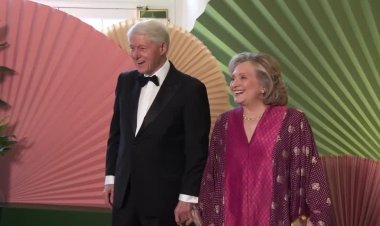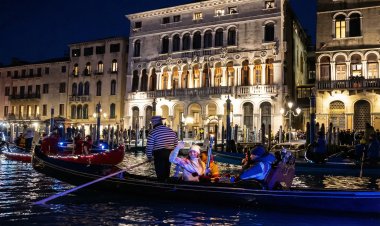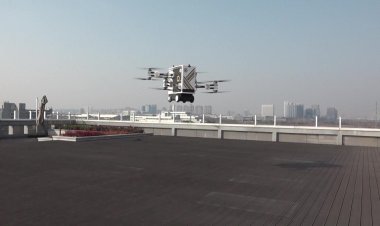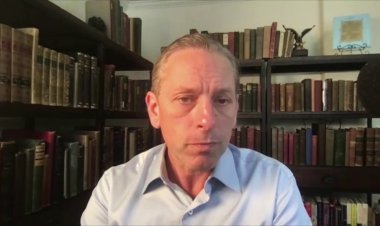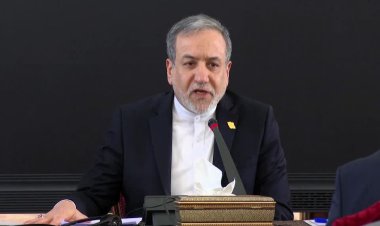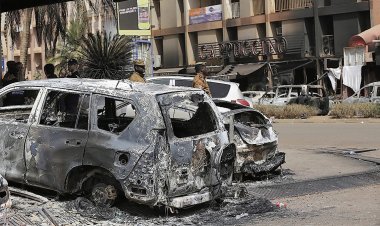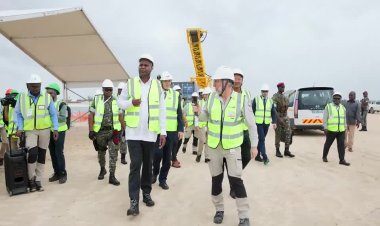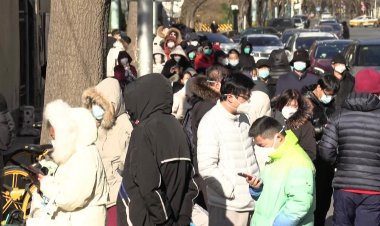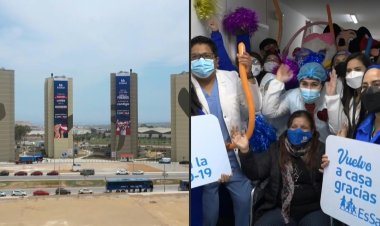Lebanon MPs again fail to fill vacant presidency
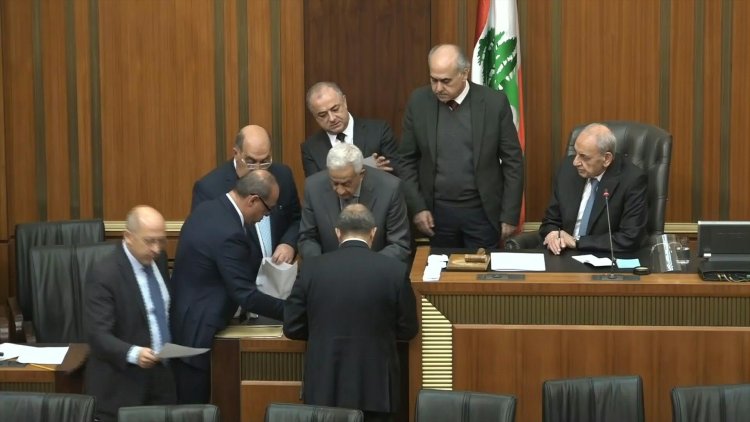
Lawmakers in crisis-hit Lebanon failed to elect a new president for an eighth time, despite the deepening impact of the political deadlock on the country's economic woes.
Lebanon has been without a head of state for a month after president Michel Aoun left office at the end of October with no successor.
Parliament is split between supporters of the powerful Iran-backed Hezbollah movement and its opponents, neither of whom have a clear majority.
Lawmaker Michel Moawad, who is seen as close to the United States, won the support of 37 lawmakers -- well short of the required majority -- while 52 spoilt ballots were cast, mainly by pro-Hezbollah lawmakers.
Only 111 of parliament's 128 lawmakers showed up for the vote.
Electing a president, naming a prime minister and forming a government can take months or even years of political horse-trading.
Lebanon can ill-afford a prolonged power vacuum as it grapples with a financial crisis dubbed by the World Bank as one of the worst in modern history.
Hezbollah opposes Moawad's candidacy, and the Iran-backed group's leader Hassan Nasrallah called last month for a president ready to stand up to the United States.
By convention, Lebanon's presidency goes to a Maronite Christian, the premiership is reserved for a Sunni Muslim and the post of parliament speaker goes to a Shiite Muslim.




